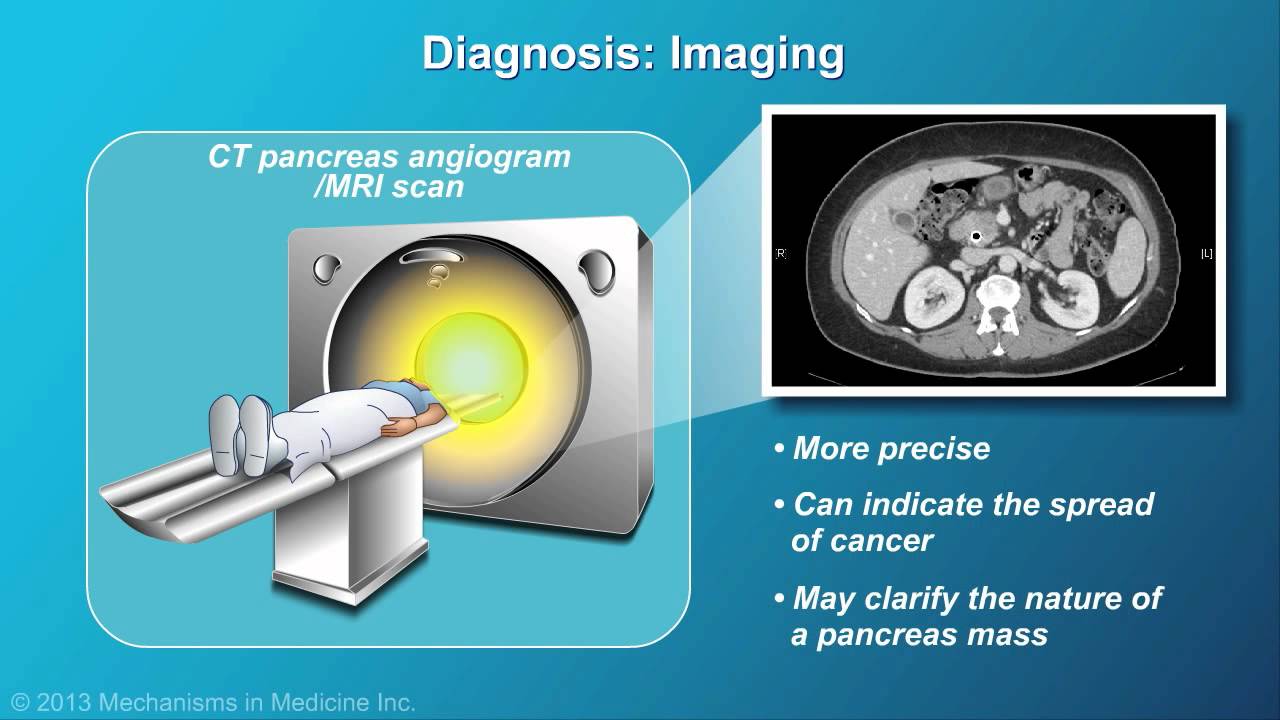Types of Pancreas Cancer
On This Page: Types Of Pancreatic Cancer
Jump To Section
Types of Pancreatic Cancer
Tony Subia
July 2015
What Is The Pancreas?
The pancreas is a spongy organ about 6 to 8 inches long at adult. It sets deep in the upper abdominal cavity with its largest portion setting behind the stomach. It is comprised of a Head, Body, and Tail.
The Exocrine Function. “Exocrine Cells” produce digestive enzymes that drain through a pancreatic duct into the “Duodenum” which is entry into the small intestine. The role of digestive enzymes is breaking down fats, proteins, and carbohydrates into smaller units making it easier for the body to absorb.
The Endocrine Function. “Endocrine Cells” produce hormones including insulin, glucagon, and somatostatin. They are released into the blood stream and their combined role is controlling the proper balance of blood sugar (glucose).
Tumors can arise from both the “Exocrine” and “Endocrine” components of the pancreas.
Exocrine Pancreatic Cancerous Tumors
Over 95% of pancreatic cancers are exocrine tumors. Of these, 90% are classified as “adenocarcinoma ” which is the most aggressive type having the worst prognosis. When people speak of pancreatic cancer, generally this is the type most often referred to as pancreatic cancer. It is also the type this website speaks of when discussing pancreatic cancer in general.
It is the most deadly and arises from cells that line the duct of the pancreas. Once established, this type of pancreas tumor can grow quickly and can spread rapidly to nearby tissues, lymph nodes and distant organs through blood vessels and the lymph gland system.
Other more rare exocrine cancers are subdivided into several sub-classes based on which cells are involved. One type is called an Acinar Cell Tumor. This kind of pancreatic malignancy is distinctive in that its tumor cells can produce digestive enzymes similar to ones the pancreas normally produces. One particular enzyme is called Lipase which dissolves fats. Acinar Cell Tumors represent only 1 to 2% of pancreas cancers.
Another uncommon group of Exocrine pancreatic cancer are cystic tumors which are cystic sacs of fluid. These tumors can be either benign (non-cancerous) or malignant (cancerous). They typically grow more slowly and usually have a better prognosis than solid tumors of the pancreas such as adenocarcinomas. Other exocrine tumors include; giant cell carcinomas, squamous cell carcinomas and small cell carcinomas, which are solid tumors and very rare.
Endocrine Tumors of the Pancreas
Endocrine tumors are most often referred to as “Neuroendocrine” tumors and only account for about 5% of pancreatic tumors. They develop from abnormal hormone-producing cells and can be either malignant or benign. These tumors are most often called “Islet Cell Tumors”. Some are “functional,” meaning they actively release hormones into the bloodstream.
Islet cells produce a variety of hormones including insulin and glucagon. Insulin lowers blood sugar levels and glucagon raises blood sugar levels. Combined, they regulate and maintain the proper levels of blood sugars. Endocrine tumors tend to be less aggressive with much better prognosis with a substantially higher survival rate versus pancreatic exocrine gland cancers.
Of Related Interest
What is The Pancreas?
What Causes Pancreatic Cancer?
Pancreatic Cancer Treatments
Stages of Pancreatic Cancer
References
Johns Hopkins: Types of Pancreatic Cancers
Cancer Research UK: Cancers of The Pancreas
Types of Pancreas Cancer: National Health Institute

